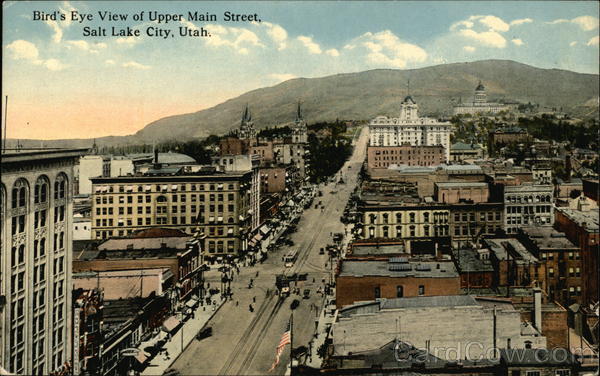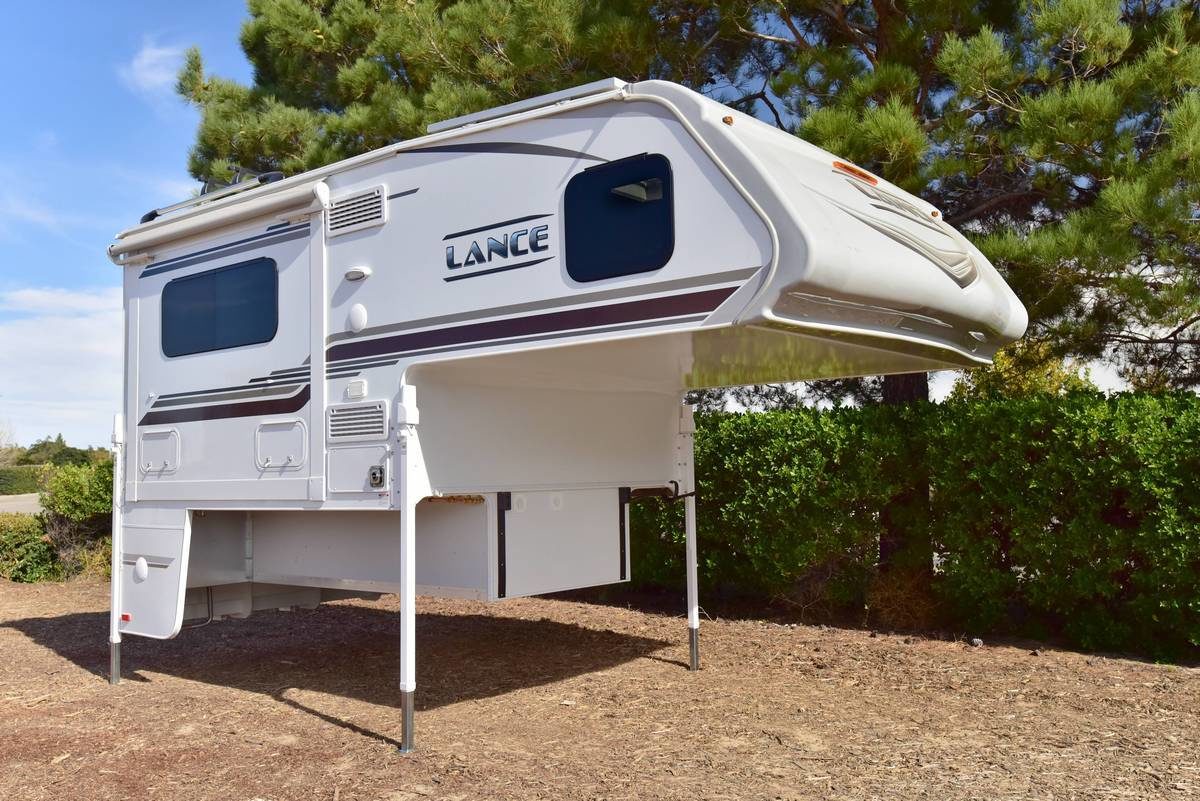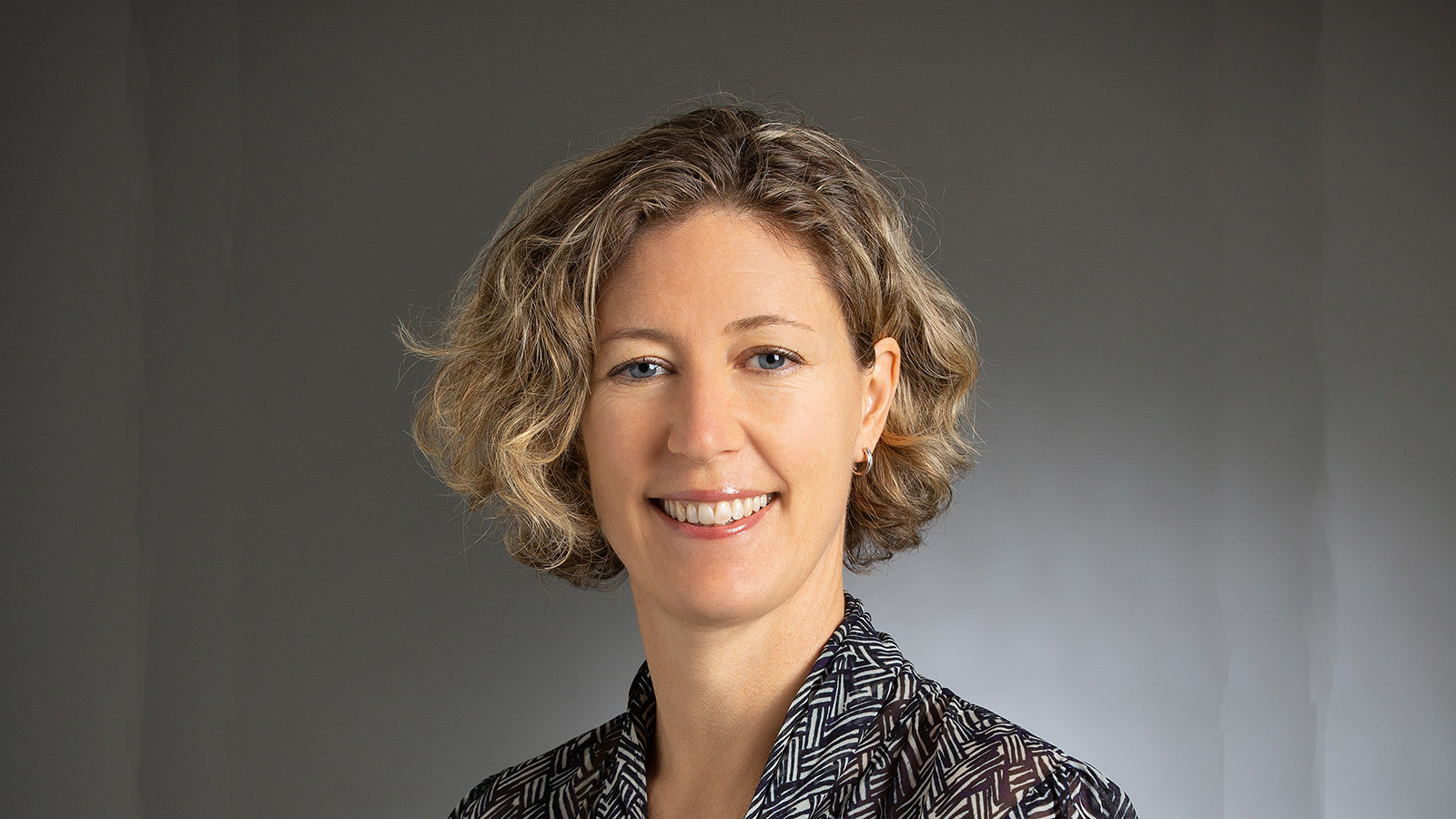Table of Content
Today, the Paris operation has 22 partners and accounts for a significant part of the global business. The Rothschild banking family of England was founded in 1798 by Nathan Mayer Rothschild (1777–1836), who first settled in Manchester but then moved to London. Nathan Mayer von Rothschild, the third son of Mayer Amschel Rothschild (1744–1812), first established a textile jobbing business in Manchester and from there went on to establish N M Rothschild & Sons bank in London. Later, the fall of France during the Second World War led to the seizure of the property of the French Rothschilds under German occupation.

From 1895 through 1907 they loaned nearly $450,000,000 (equivalent to $13,100,000,000 in 2021) to European governments. During the 19th century, the family bought up a large proportion of the property in Mayfair, London. The 1934 Hollywood film titled The House of Rothschild, starring George Arliss and Loretta Young, recounted the life of Mayer Amschel Rothschild and Nathan Mayer Rothschild . Excerpts from this film were incorporated into the Nazi propaganda film Der ewige Jude without the permission of the copyright holder. Another Nazi film, Die Rothschilds , was directed by Erich Waschneck in 1940.
"Only the Most Personalized Service"
The character, named Morgana Rothschild, played a relatively minor role in the story. The name Rothschild used as a synonym for extreme wealth inspired the song "If I Were a Rich Man", which is based on a song from the Tevye the Dairyman stories, written in the Yiddish as Ven ikh bin Rotshild, meaning "If I were a Rothschild". Since 2003, a group of Rothschild banks have been controlled by Rothschild Continuation Holdings, a Swiss-registered holding company (under the chairmanship of Baron David René de Rothschild). Rothschild Continuation Holdings is in turn controlled by Concordia BV, a Dutch-registered master holding company. Concordia BV is managed by Paris Orléans S.A., a French-registered holding company.
Today, their interests cover a diverse range of fields, including financial services, real estate, mining, energy, agriculture, winemaking, and nonprofits. Many examples of the family's rural architecture exist across northwestern Europe. The Rothschild family has frequently been the subject of conspiracy theories, many of which have antisemitic origins. In one instance, the family network enabled Nathan to receive in London the news of Wellington's victory at the Battle of Waterloo a full day ahead of the government's official messengers.
Austrian branch
M. Rothschild & Sons' financial strength in the City of London became such that, by 1825–26, the bank was able to supply enough coin to the Bank of England to enable it to avert a liquidity crisis. The rise of Nazi Germany in the 1930s led to a precarious situation for the Austrian Rothschilds under the annexation of Austria in 1937 when the family was pressured to sell its banking operations at a fraction of its real worth. While other Rothschilds had escaped the Nazis, Louis Rothschild was imprisoned for a year and only released after a substantial ransom was paid by his family. After Louis was allowed to leave the country in March 1939, the Nazis placed the firm of S M von Rothschild under compulsory administration.
The family funded Cecil Rhodes in the creation of the African colony of Rhodesia. From the late 1880s onwards, the family took over control of the Rio Tinto mining company. Of course, our spacious, homelike, comfortable facility is available for visitation and memorial services. Beginning with first notification, We will coordinate all the details, and insure that they are carried out to the family's complete satisfaction. Ever Loved's funeral marketplace makes it easy to purchase caskets, urns and more directly from independent sellers at great prices. In 1923, James Nathaniel Charles Léopold Rothschild, son of Henri James Nathaniel Charles Rothschild and Mathilde Sophie Henriette de Weisweiller, married Claude du Pont of the Du Pont family.
The Napoleonic Wars
In 2001, the Rothschild mansion located at 18 Kensington Palace Gardens, London, was on sale for £85 million, at that time the most expensive residential property ever to go on sale in the world. It was built in marble, at 9,000 sq ft, with underground parking for 20 cars. Grüneburgschlößchen, Frankfurt, 1845, one of the Rothschilds' many German garden-mansions. In 1847, Anthony de Rothschild was made a hereditary baronet of the United Kingdom.

Despite having their bank restored to them at the end of the war, the French Rothschilds were powerless in 1982 as the family business was nationalised by the socialist government of newly elected President François Mitterrand. The system of the five brothers and their successor sons would all but disappear by World War I. Amartya Sen , Nobel Laureate, Indian economist and philosopher, married Emma Georgina Rothschild of the Rothschild banking family of England.
Premier Provider of Funeral Services
The five sons of Mayer Amschel Rothschild were elevated to the Austrian nobility by Emperor Francis I of Austria, and they were all granted the Austrian hereditary title of Freiherr on 29 September 1822. The British branch of the family was elevated by Queen Victoria, who granted the hereditary title of baronet and later the hereditary peerage title of Baron Rothschild . Many Rothschilds were supporters of Zionism, while other members of the family opposed the creation of the Jewish state. In 1917 Walter Rothschild, 2nd Baron Rothschild was the addressee of the Balfour Declaration to the Zionist Federation, which committed the British government to the establishment in Palestine of a national home for the Jewish people. His nephew, Victor, Lord Rothschild was against granting asylum or helping Jewish refugees in 1938.
Rothschild's first concern on this occasion was not to the potential financial advantage on the market which the knowledge would have given him; he and his courier immediately took the news to the government. That he used the news for financial advantage was a fiction then repeated in later popular accounts, such as that of Morton. The basis for the Rothschilds' most famously profitable move was made after the news of British victory had been made public. Nathan Rothschild calculated that the future reduction in government borrowing brought about by the peace would create a bounce in British government bonds after a two-year stabilisation, which would finalise the post-war restructuring of the domestic economy. Given the sheer power of leverage the Rothschild family had at their disposal, this profit was an enormous sum. Rothschild family banking businesses pioneered international high finance during the industrialisation of Europe and were instrumental in supporting railway systems across the world and in complex government financing for projects such as the Suez Canal.
Born in London, he was the fourth child of the founder of the British branch of the family, Nathan Mayer Rothschild (1777–1836). In 1850 Nathaniel Rothschild moved to Paris to work with his uncle James Mayer Rothschild. In 1853 Nathaniel acquired Château Brane Mouton, a vineyard in Pauillac in the Gironde département.

The group has €100bn of assets in 2008 and owns many wine properties in France (Château Clarke, Château des Laurets), in Australia or in South Africa. In 1961, the 35-year-old Edmond Adolphe de Rothschild purchased the company Club Med, after he had visited a resort and enjoyed his stay. In 1973, he bought out the Bank of California, selling his interests in 1984 before it was sold to Mitsubishi Bank in 1985. The first was the branch of James Mayer de Rothschild (1792–1868), known as "James", who established de Rothschild Frères in Paris; he married his niece Betty von Rothschild.




























